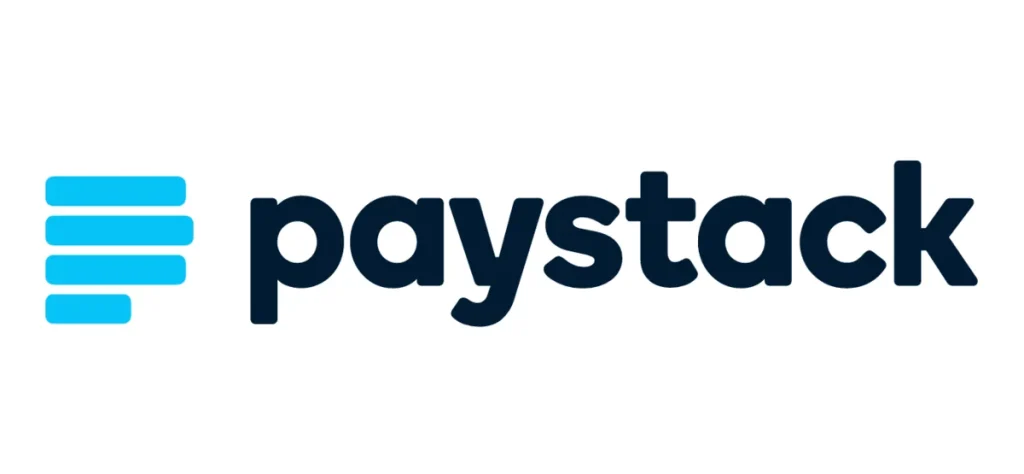A fierce trademark dispute has erupted between emerging crypto exchange Zap Africa and fintech heavyweight Paystack, sparking a broader conversation about branding rights and intellectual property protection in Nigeria’s fast-evolving tech sector.
At the heart of the disagreement lies the name “Zap,” which both companies assert as their exclusive intellectual asset. The clash has escalated into a standoff marked by exchanged legal threats and mounting public scrutiny, revealing systemic weaknesses in how startups handle intellectual property (IP) protections.
A Collision of Product Launches
The conflict reached its peak on March 24, 2025, when Paystack officially introduced a new consumer-facing product also named “Zap.” Designed to extend the company’s footprint in the business-to-consumer market, the launch instead ignited backlash from Zap Africa, which had been using the brand since 2023.
Zap Africa’s co-founders, Tobi Asu-Johnson and Moore Dagogo-Hart, allege that they had already secured the rights to the “Zap” trademark under multiple classes, including Class 35 (business services), Class 42 (technology), and, most importantly, Class 36 (financial services)—the same category under which Paystack’s new service was introduced.
“We obtained Class 35 toward the end of 2023, followed by Class 42 in 2024,” Asu-Johnson said. “And just weeks before Paystack’s debut, we finalized registration for Class 36. That should have secured our claim.”
Upon the release of Paystack’s Zap, Zap Africa promptly issued a cease and desist. Paystack retaliated with its own legal notice, signaling the beginning of a bitter branding dispute.
“They’ve lifted everything,” Asu-Johnson claimed. “Our slogan ‘you just got zapped,’ our color scheme, even our stylized ‘Z’ logo—it feels like they’re attempting a complete takeover of our identity.”
Attempts at dialogue broke down, and tensions between the two firms have only grown.
Paystack’s Perspective
While Paystack has not made any public statement, an internal source familiar with the matter insisted the company had done its due diligence before proceeding with the Zap launch.
“We filed for the ‘Zap’ trademark in several classes, including financial services,” the source revealed. “To our understanding, Zap Africa didn’t hold an active registration in Class 36 at the time of our filing.”
This discrepancy—whether Paystack’s registration predated Zap Africa’s final filing in the financial services class—is now the central point of contention.
Legal Experts Weigh In
Intellectual property attorneys say the situation illustrates a common pitfall among Nigerian startups: insufficient or incomplete trademark coverage.
“This is a textbook case of what happens when brands don’t file across all the appropriate trademark classes,” said Tolu Olaloye, a lawyer at Jackson, Etti & Edu. “We’ve seen similar rulings before. If classes overlap, as they do in fintech, the courts may consider it a case of clear infringement.”
Olaloye advised that both parties might be better served resolving the issue out of court. “Paystack could modify the brand slightly—adjust the name, alter the visual identity—and still continue with the product rollout,” she said.
Bankola Sodipo, a Senior Advocate of Nigeria and ex-Dean of Law at Babcock University, echoed that sentiment. “This isn’t just about who filed first,” he explained. “The legal test is whether consumers could reasonably confuse one brand for another.”
Business Fallout for Zap Africa
The dispute is already impacting Zap Africa’s day-to-day operations. According to co-founder Dagogo-Hart, customer trust has taken a hit amid the legal uncertainty.
“People are second-guessing the stability of our platform,” he said. “They’re wondering whether we’ll even be in business six months from now. That kind of doubt is damaging.”
Despite the challenges, Dagogo-Hart remains confident. “We’ve done everything by the book. We believe the facts support our position.”
NACCIMA Urges Mediation
Dele Kelvin Oye, President of the Nigerian Association of Chambers of Commerce, Industry, Mines, and Agriculture (NACCIMA), appealed to both parties to pursue mediation rather than resorting to prolonged litigation.
“NACCIMA is ready to step in and help both companies work through this with the Trademark Registrar,” Oye stated. “Dragging this through the courts could damage the fintech sector as a whole. It creates investor hesitation and consumer confusion.”
He recommended the use of NACCIMA’s National Dispute Resolution Centers to reach a timely and amicable settlement.
Lessons for Nigeria’s Startup Ecosystem
The Zap-Paystack standoff offers a vital lesson for startups operating in Nigeria’s competitive tech landscape: IP protections must be treated with the same urgency as product development.
Nigeria adheres to a first-to-file trademark system, meaning that early registrants typically have the upper hand. However, prior use, brand visibility, and multi-class protection are equally critical in determining legal outcomes.
“Far too many startups focus entirely on building the tech and ignore protecting the brand,” Olaloye said. “But in today’s digital marketplace, your brand is often your most valuable asset.”
Understanding Trademark Classes in Nigeria
Nigeria’s trademark registration is governed by the Nice Classification system, which categorizes trademarks into 45 distinct classes. Class 36, the primary battleground in this dispute, is dedicated to financial services—a vital class for any fintech-related business.
Registering under one class does not automatically protect a brand in others. Companies must anticipate future expansion and proactively register across all relevant categories to ensure their brand is fully secured.
The Broader Context: Paystack’s Expansion
This branding conflict comes at a time when Paystack is rapidly expanding. In May 2024, the company led a consortium—including PiggyVest and investor Olumide Soyombo—to acquire Brass, a struggling fintech startup.
Brass, which had raised $2 million since its launch, encountered operational difficulties and was eventually taken over. The company now runs under new management, as founders Sola Akindolu and Emmanuel Okeke exited the venture.
Final Thoughts
The ongoing trademark battle between Zap Africa and Paystack reveals more than a simple naming dispute—it reflects a maturing startup ecosystem that must now grapple with the legal complexities of intellectual property and branding.
As Nigeria’s tech industry continues to grow, so too will disputes of this nature. For emerging startups and tech giants alike, the Zap case should serve as a loud and clear warning: protect your brand early, thoroughly, and strategically—or risk losing it entirely.



